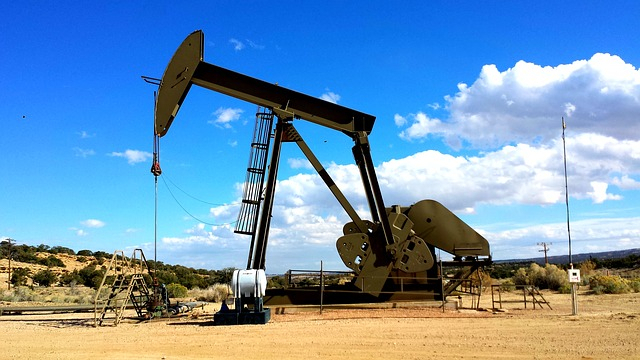Oil prices fell on Tuesday amid concerns that a surge in new coronavirus cases, especially in the United States, will hamper any recovery in fuel demand. U.S. West Texas Intermediate (WTI) crude CLc1 futures fell 54 cents, or 1.3 percent, to $40.09 a barrel at 0703 GMT, well off an earlier high of $40.79.
Brent crude LCOc1 futures declined by 56 cents, or 1.3 percent, to $42.54, after hitting an intraday high of $43.19. With 16 U.S. states reporting record increases in the new COVID-19 case in the first five days of July, according to a Reuters tally, there is mounting concern that public health measures to limit the virus spread will curb fuel demand in the world's biggest oil-consuming country.
Florida is re-introducing some limits on economic reopenings to grapple with rising cases. California and Texas, two of the most populous and economically crucial U.S. states, are also reporting high infection rates as a percentage of diagnostic tests conducted over the past week.
Oil Prices Fall

"The potential for demand destruction as lockdown reinstatement looks more likely are combining with concerns about OPEC+ discipline to weigh on oil prices," said CMC Markets's Chief Market Strategist Michael McCarthy in Sydney in an email.
Other parts of the world, such as Australia, has also been hit by a new wave of infections. "Oil is marooned in range-trading mode, balanced by the hopes of economic recovery in Asia and Europe, and concerns in the U.S. and other parts of the world. That means that for now, it lacks the momentum to strongly move one way of the other," said Jeffrey Halley, Senior Market Analyst, Asia Pacific, of OANDA.
As for supplies, the Organization of the Petroleum Exporting Countries (OPEC) and other producers including Russia, collectively known as OPEC+, are lowering output by 9.7 million barrels per day (bpd) for a third month in July. However, those cuts are set to taper to 7.7 million bpd starting next month, adding supply at the same time U.S. fuel demand, especially for gasoline, remains impacted by the COVID-19 outbreak.
"Summer driving demand in the U.S. is low, keeping gasoline demand subdued, and a reintroduction of lockdowns is a major headwind," ANZ said in a note. Data from the American Petroleum Institute industry group later on Tuesday and the U.S. Energy Information Administration on Wednesday are expected to show a 100,000 barrel rise in gasoline stockpiles, six analysts polled by Reuters estimated.
The U.S. crude market faces some uncertainties from a court decision on Monday ordering the shutdown of the Dakota Access pipeline, the biggest artery transporting crude oil from North Dakota's Bakken shale basin to Midwest and Gulf Coast regions, over environmental concerns. Market sources in the Bakken said the closure of the 570,000-bpd pipeline, while a thorough environmental impact statement is completed, will likely divert some oil flows to transportation by rail.








